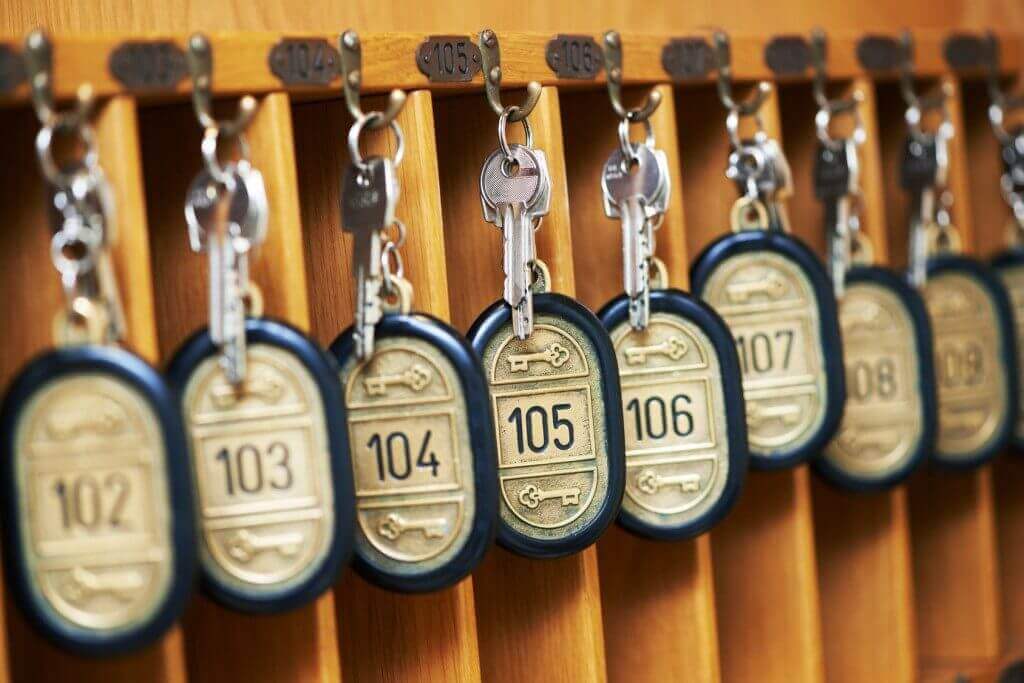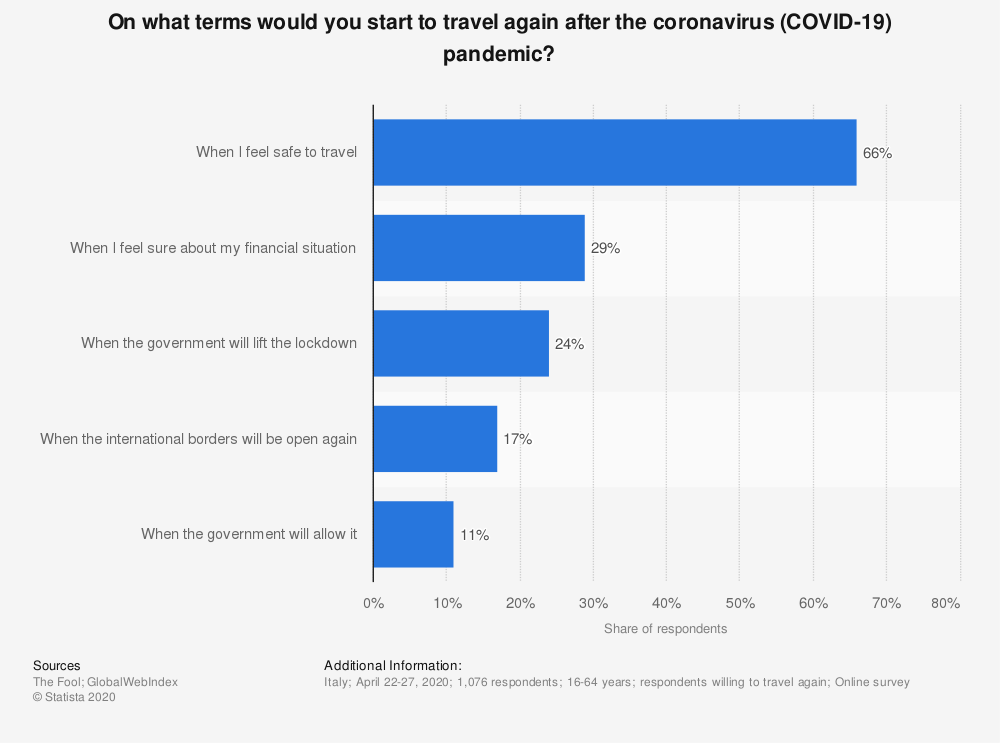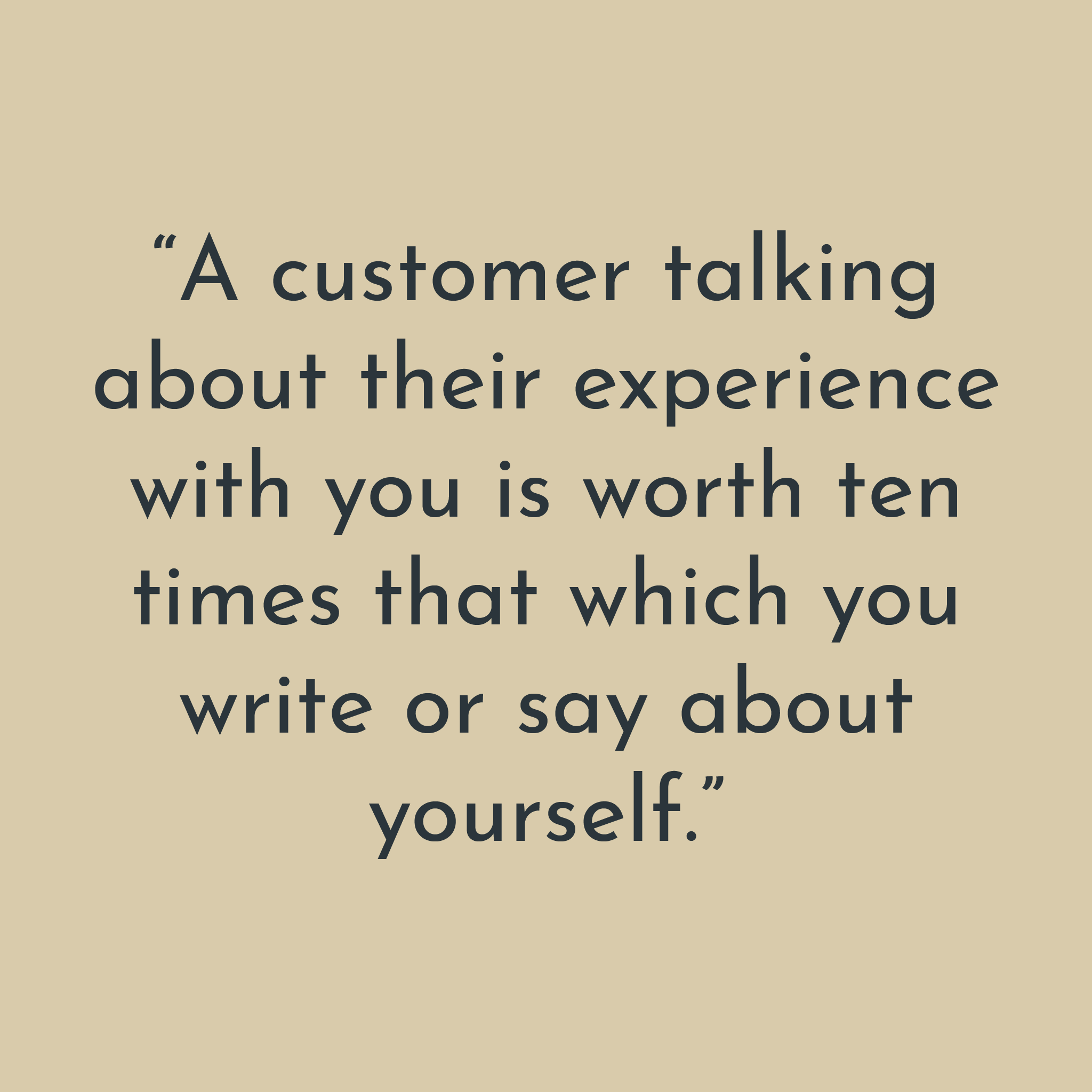
The hospitality industry is set to make a successful comeback in the next few months, with an ongoing “staycation boom” on the cards for hotels and many restaurants thriving due to the popular Eat Out to Help Out scheme.
NB: This is an article from We Are Arise
For owners, marketers and beyond, the last few months have brought a different spectrum of obstacles, priorities and goals. Now, as coronavirus lockdown rules continue to ease, hospitality marketers face the challenge of enticing guests back to their accommodation and restaurants in the safest way possible while competing with a multitude of other establishments for their custom. During this period, online spheres will be more important than ever in reaching guests and providing accessible content for their consumption. This blog will explore how to incorporate reassurance, visibility and creativity into engaging online marketing strategies; three key considerations when promoting the return and availability of hotels and services.
Reassurance
We begin with reassurance. Since March, uncertainty and distance have become the norm, so anything different may, at first, prove difficult for your audience to adjust to. The key here is reassurance; ensure your customers that you are completely ready to welcome them back safely. In Italy, for example, 66% of people said they would only plan to travel again when they feel safe to do so (Statista, 2020).

After all, you can offer your guests the perfect, luxury hotel experience, but they are unlikely to accept such an offer without the reassurance that everything possible has been done to guarantee their wellbeing. Give your audience the confidence they need to book using the following guidelines:
Communicate With Clarity
Your brand identity and core messages will always guide your online presence, but the most important consideration when sharing your hotel’s status revolves around the clarity and accessibility of your communication. Provide your audience with comprehensive information about the opening of your hotel, but do so in the most direct and simple way possible to avoid overwhelming, confusing or discouraging potential guests. Within social networks and email campaigns, share shorter content which illustrates your main priorities, with a link to a dedicated page on your website for those who require further detail, perhaps including a list of frequently asked questions for added convenience. Ensure that updates on your opening date, altered services and safety procedures are easy to locate, and that your following always know where to turn with questions or enquiries.
Be Responsive
In this instance, being responsive online refers to both your hotel’s customer service and alignment with government guidelines. Guests should be able to reach a member of your team as efficiently as possible, whether they send a direct message, leave a comment or email the hotel directly. If anything, your digital customer service processes should be assigned more resources than usual to cater for the increased online activity and need for reassurance catalysed by the ongoing pandemic. Be there when your guests need you to exemplify your dedication to their wellbeing and create a relationship based on trust. In the same vein, the information your audience requires (and when they require it) is likely to coincide with government news and announcements. Consider this when outlining customer service strategies and provide efficient reactions to relevant updates to show that you are using all available resources to inform your decisions and precautions. Update your digital channels as much as necessary to reflect these reactions and provide one coherent stance across all platforms.
Use Guest Experience
Sharing the testimonials, reviews and recommendations you receive from your guests will give potential guests an insight into what to expect from their stay at your hotel and, in turn, build further trust that their experience will be positive. This advocacy is valuable to any marketing strategy, but could prove to be particularly influential in providing reassurance to your wider audience as they consider booking a room. In other words, as digital users begin to see your hotel’s safety procedures in practice, the more comfortable they are likely to feel about booking a stay themselves. Encourage the first guests through your doors to take photos, tag your business, leave reviews and offer feedback, giving you the opportunity to create social media or blog content based on their experiences. You may also consider inviting industry influencers for a free or discounted stay in return for social media coverage and article features, all aiming to reassure and entice their readers.

Visibility
Over the last few months, you may have scaled back your marketing efforts due to a lack of resources, inspiration or perceived necessity, but maintaining a consistent and active presence in the coming weeks will be vital for delivering exceptional customer service and securing bookings. Channels with very little activity or out of date information will discourage interaction and even bookings if guests get the impression that communication is not a priority for your hotel. Offer your audience the most seamless customer journey possible by managing and enhancing your visibility of the following channels.
Social Media
Social media platforms are ever-changing, both in terms of the content users are shown on their newsfeeds and the features which characterize them. For this reason, sustaining an active presence on social media networks will prove essential for reaching your target guests. Remember that you don’t necessarily have to share to every platform out there – just the ones which best suit your hotel’s identity and messages. Facebook, for example, is particularly important for creating a seamless customer journey and connecting with a diverse user base, while Twitter and Instagram make excellent contributions to customer service and visual storytelling respectively. While you should prioritise quality over quantity on social media, sharing every two days (or weekly as a minimum) will show your audience that you are present, available and ready to welcome them back.
Search Engines
Your visibility on search engines is likely to have remained the same, though it is worth considering that your audience may be searching for different phrases as lockdown draws to a close. Think about what keywords are currently targeted on your website and how you could adapt your content to incorporate some coronavirus friendly terms, without losing focus on your core offerings. Blogs and landing pages provide one simple way to add complimentary content without committing to huge rewrites. Plus, this could be a great time to reevaluate your current keyword strategies; see what is working well, what could be improved and whether a new direction may benefit your website traffic. What would you type into a search engine to find the experience that your hotel provides? Use this as a foundation to find relevant keywords with low competition and high search volumes.
Email Marketing
The visibility of email campaigns depends largely on the size of your mailing list, formed of users who have given demonstrable permission to be contacted. As so many people are searching for an achievable, safe hotel escape at the moment, now may be the perfect time to grow your mailing list by providing information and advice, rewarding loyalty and incentivizing new contacts. For example, you could develop offers which are available exclusively to your mailing list, and advertise them through your entire communications mix to entice a wider audience. Dedicate a page or section of your website to encouraging mailing list sign-ups, describing the value you can add to subscribers and creating content which can build traffic and be more widely shared.
Blogs
As a vessel for longer form content, blogs are an important contributor to search engine success, but can also be used as an effective storytelling tool to spark guests’ desire for a stay at your hotel. Blogs may lend themselves particularly well to sharing guest experiences, conveying your safeguarding measures and evidencing the experience that your hotel can offer, without overwhelming your audience on your main pages. To improve blog traffic, ensure that you are naturally including relevant keywords and phrases to increase their visibility to search engines, and cross-promote your articles on social media and within email campaigns to reach further audiences. There’s also nothing wrong with sharing content multiple times, or seeking features on other websites to gain exposure from different channels.
Websites
In terms of your hotel website, prioritise content that will give your audience the answers they need. While this doesn’t mean overwhelming your site with paragraph upon paragraph of text, providing clear, consistent and relevant information will improve the customer journey and make it easy for your audience to efficiently locate what they are looking for. Dedicate a page on your site to your hotel’s latest coronavirus updates, perhaps including frequently asked questions, which you can easily refer to within social media content, email campaigns and blog posts. Don’t overcomplicate, stay true to your brand identity and always get a second opinion on your site’s appearance, navigation and functionality.
Creativity
As lockdown came to a close, the world’s attention turned, in part, to the return of the hospitality sector and the promise of escapism it brought with it. Despite the opportunities this has created for hotels and restaurants alike, industry professionals face the challenge of standing out amidst a nationwide effort to do the same. While some guests may return to old favourites, many will be searching for new experiences, which you may be able to provide.
Reward & Incentivize
Offering an incentive alongside your hotel packages is a common way of attracting customers, and now could be the perfect time to get creative with the rewards you provide. Discounted stays are a great place to start, but going the extra mile to grab your audience’s attention may make all the difference in the current climate. Run a competition on your social media pages, asking your audience to share photos of their recent adventures or favourite lockdown pastimes and picking a winner from the responses. Create a mailing list and offer exclusive extras or discounts to those who subscribe. Encourage customer retention with a loyalty scheme which rewards returning guests with free experiences, upgrades or reductions, perhaps in return for testimonials and recommendations. If your facilities allow, you could also develop innovative escape packages, including food, day plans, accommodation and more, which you can promote through imaginative blog posts, a social media content series and email campaigns.
Add Value
After the last few months, your guests will be seeking more than a hotel stay. Convey the features and benefits which make your hotel different, and diversify your hotel’s services if it will expand your reach and appeal. Transform your gardens into a beach resort, book an outdoor cinema evening, provide picnic sets within your grounds or recommend custom activity plans for those staying with you. Going one step further than your competitors and establishing creative features within your existing brand identity will make your hotel a memorable and enticing haven for staycation seekers, as well as generating a wide range of eye-catching imagery and striking content for your online channels.
Though it may be vulnerable, the hospitality and tourism industry has the power to offer escapism, comfort and adventure to a country which has faced uncertainty and stagnation for the first half of the year. Do not underestimate the experience that your hotel can provide, or miss an opportunity to promote that experience to those who will truly value it. By reassuring your audience, remaining visible online and developing a creative marketing approach, you can equip your guests with the information and inspiration they need to choose your destination as their post-lockdown stay.




